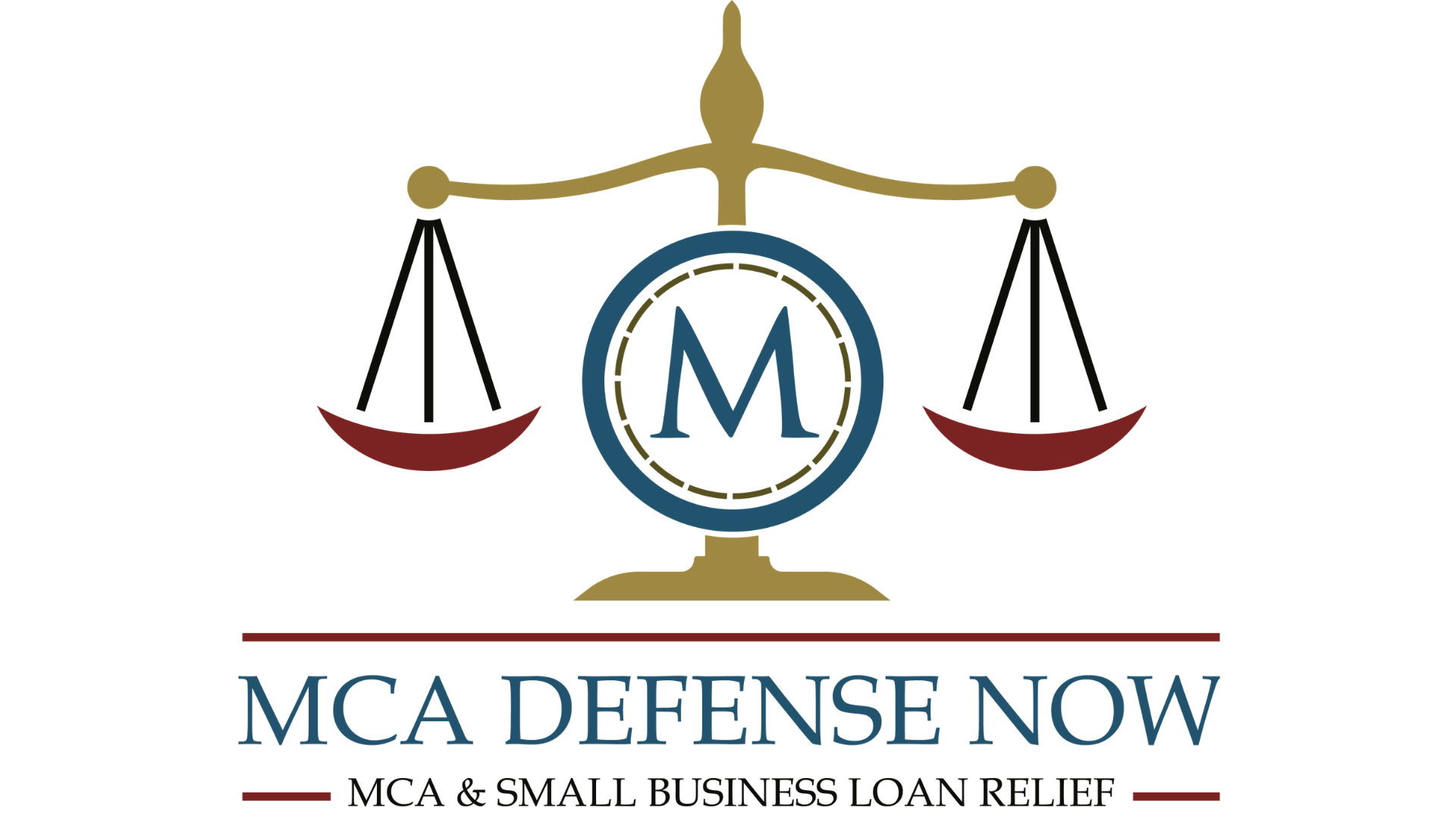When you default on a merchant cash advance it can bring severe consequences. Not only to the business but to the business owner as well. Most companies offering these unsecured business loans typically include a confession of judgment or a personal guarantee in these agreements. This means that, in the event of a default, your personal and business assets are at risk. The best way to protect yourself from default is to consult a merchant cash advance attorney.
What are the Consequences of a Default?
What happens when you default on an MCA loan? The answer to that question depends on various factors, such as the agreement’s terms and the size of the merchant cash advance. MCA's are in a category of their own, so they’re not governed by the same laws as other small business loans. Merchant cash advances are purchase contracts between businesses and providers, where the provider receives a portion of the company’s future revenue. If you’re finding it hard to repay a cash advance, the payment plan can be modified if the MCA contains a reconciliation clause. If a default occurs, it may be considered a breach of contract, and the provider can file a legal claim. Furthermore, the merchant cash advance services provider can use the confession of judgment clause to restrain your bank account.
The CoJ Clause
A CoJ or confession of judgment is an arrangement where a borrower accepts liability for an MCA and waives their right to legal defense if any condition of the agreement triggers a default. A confession of judgment clause allows a provider to sidestep many merchant cash advance legal issues and recoup their funds by seizing a company’s assets. A borrower in this situation has waived his or her legal rights, the lender can prevail without presenting any proof to the court. After the judgment is filed, the court will inform the borrower that the provider can begin seizing assets and levying accounts. In simple terms, a CoJ clause allows an MCA provider to minimize risk and increase the chances of being repaid. These clauses can prevent borrowers from obtaining more advances, putting future revenue and sales in jeopardy and putting them at a greater default risk. If your company can’t meet its MCA obligations, subsequent levies may force you to cease operations.
MCA's and Personal Guarantees
Along with CoJ's and other merchant cash advance collections strategies, it’s become common for providers to require business owners to provide personal guarantees. By signing such a guarantee, you’re putting your home, savings accounts, investment accounts, and other property at risk if you default.
Why You Should Seek Professional Merchant Cash Advance Help
Our legal team has provided merchant cash advance relief to businesses of all sizes. We deal with a variety of merchant cash advance legal issues. When you work with us, we’ll carefully review your MCA, or other unsecured small business loans, evaluate your company’s finances and help you protect your assets while keeping the business running. In some cases, we may be able to use reconciliation clauses to form repayment plans and prevent default. By consulting with an experienced merchant cash advance attorney, you’ll protect the company, your family, and yourself.



